Discharge In Medical Terms - Discharge managed care verb (pron. A hospital will discharge you when you no longer. (2) to formally end surveillance of a patient who was previously diagnosed with and treated for a. Dis charj´) to formally terminate a person's care in, and releasing from, a hospital or health care facility. 1.the flow of fluid from part of the body, such as from the nose or vagina. Discharge can be normal or a sign of disease. (1) to formally end an episode of care. In medicine, a fluid that comes out of the body. When you leave a hospital after treatment, you go through a process called hospital discharge. Describe the steps for discharge from a healthcare facility;
Describe the steps for discharge from a healthcare facility; When you leave a hospital after treatment, you go through a process called hospital discharge. Dis charj´) to formally terminate a person's care in, and releasing from, a hospital or health care facility. Discharge managed care verb (pron. Discharge also means release of a patient from. In medicine, a fluid that comes out of the body. (2) to formally end surveillance of a patient who was previously diagnosed with and treated for a. Understand the issues with patients leaving against medical advice;. (1) to formally end an episode of care. The passing of an action potential, such as through.
In medicine, a fluid that comes out of the body. Discharge also means release of a patient from. 1.the flow of fluid from part of the body, such as from the nose or vagina. Discharge can be normal or a sign of disease. Discharge managed care verb (pron. Understand the issues with patients leaving against medical advice;. (2) to formally end surveillance of a patient who was previously diagnosed with and treated for a. (1) to formally end an episode of care. (1) to formally end an episode of care. Describe the steps for discharge from a healthcare facility;
Discharge Summary
In medicine, a fluid that comes out of the body. A hospital will discharge you when you no longer. Dis charj´) to formally terminate a person's care in, and releasing from, a hospital or health care facility. (1) to formally end an episode of care. Discharge managed care verb (pron.
General Format Discharge Summary How to create a General Format
(2) to formally end surveillance of a patient who was previously diagnosed with and treated for a. The passing of an action potential, such as through. Understand the issues with patients leaving against medical advice;. (1) to formally end an episode of care. Discharge also means release of a patient from.
What is the Discharge Summary and Why is it Important
When you leave a hospital after treatment, you go through a process called hospital discharge. Understand the issues with patients leaving against medical advice;. Discharge also means release of a patient from. Dis charj´) to formally terminate a person's care in, and releasing from, a hospital or health care facility. 1.the flow of fluid from part of the body, such.
FREE 18+ Sample Discharge Summary Templates in Word, PDF
Discharge can be normal or a sign of disease. In medicine, a fluid that comes out of the body. (1) to formally end an episode of care. Discharge also means release of a patient from. Understand the issues with patients leaving against medical advice;.
What does my discharge mean? All your FAQs Moxie
Discharge also means release of a patient from. Discharge can be normal or a sign of disease. Discharge managed care verb (pron. 1.the flow of fluid from part of the body, such as from the nose or vagina. The passing of an action potential, such as through.
Hospital Discharge Forms 10 Free PDF Printables Printablee
When you leave a hospital after treatment, you go through a process called hospital discharge. Discharge managed care verb (pron. Discharge can be normal or a sign of disease. A hospital will discharge you when you no longer. (2) to formally end surveillance of a patient who was previously diagnosed with and treated for a.
Discharge Summary Template download free documents for PDF, Word and
1.the flow of fluid from part of the body, such as from the nose or vagina. Discharge can be normal or a sign of disease. Discharge also means release of a patient from. (1) to formally end an episode of care. The passing of an action potential, such as through.
Infographic Giving Safe and Complete Discharge Instructions in the
Discharge managed care verb (pron. Discharge can be normal or a sign of disease. In medicine, a fluid that comes out of the body. (1) to formally end an episode of care. Dis charj´) to formally terminate a person's care in, and releasing from, a hospital or health care facility.
How to discharge a patient (5 steps) Health Service Navigator
(1) to formally end an episode of care. Understand the issues with patients leaving against medical advice;. Describe the steps for discharge from a healthcare facility; In medicine, a fluid that comes out of the body. Discharge managed care verb (pron.
Free Printable Discharge Summary Templates [Word, PDF] / Mental Health
The passing of an action potential, such as through. Describe the steps for discharge from a healthcare facility; Discharge can be normal or a sign of disease. In medicine, a fluid that comes out of the body. (1) to formally end an episode of care.
Dis Charj´) To Formally Terminate A Person's Care In, And Releasing From, A Hospital Or Health Care Facility.
In medicine, a fluid that comes out of the body. When you leave a hospital after treatment, you go through a process called hospital discharge. Discharge also means release of a patient from. Discharge managed care verb (pron.
(1) To Formally End An Episode Of Care.
Understand the issues with patients leaving against medical advice;. A hospital will discharge you when you no longer. Describe the steps for discharge from a healthcare facility; The passing of an action potential, such as through.
(1) To Formally End An Episode Of Care.
Discharge can be normal or a sign of disease. 1.the flow of fluid from part of the body, such as from the nose or vagina. (2) to formally end surveillance of a patient who was previously diagnosed with and treated for a.
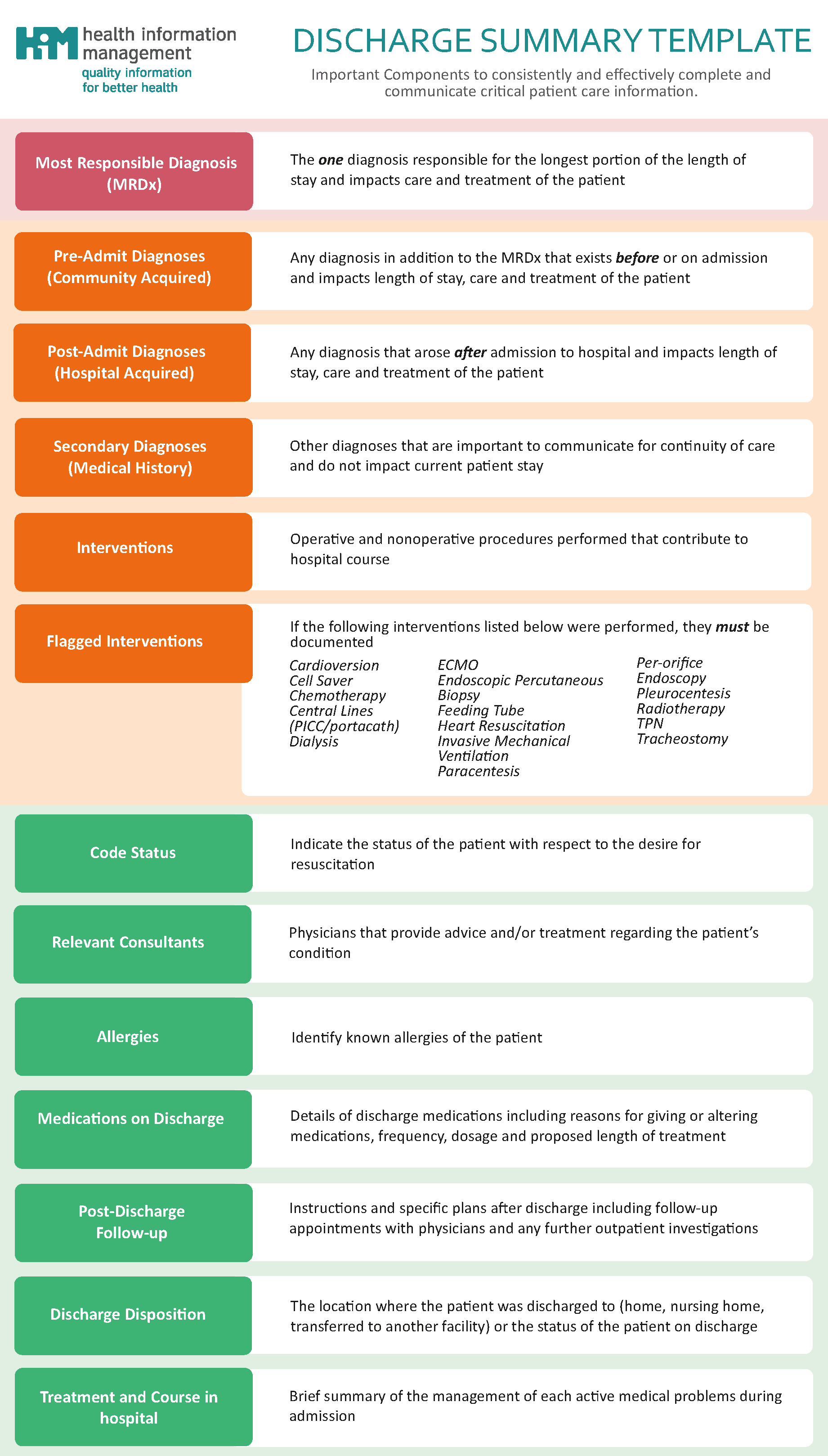


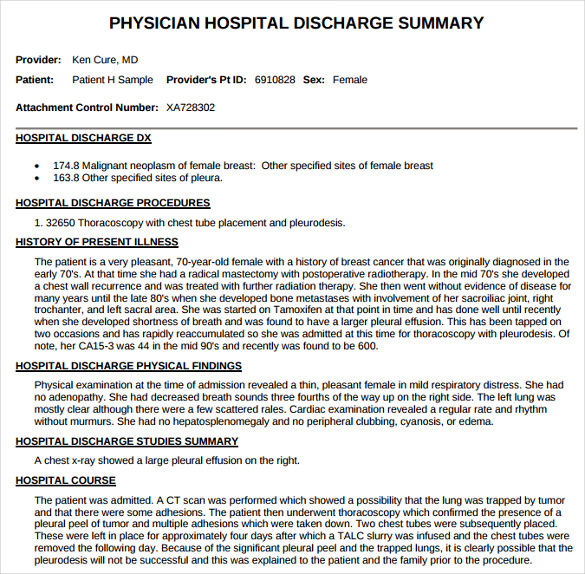
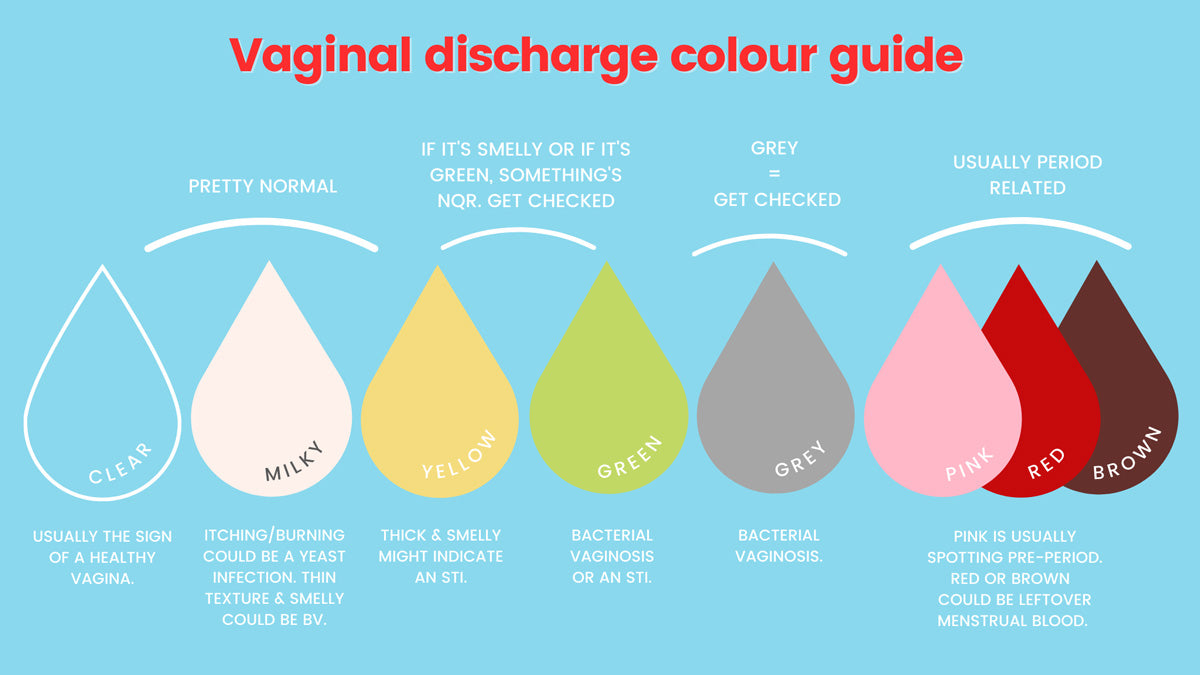
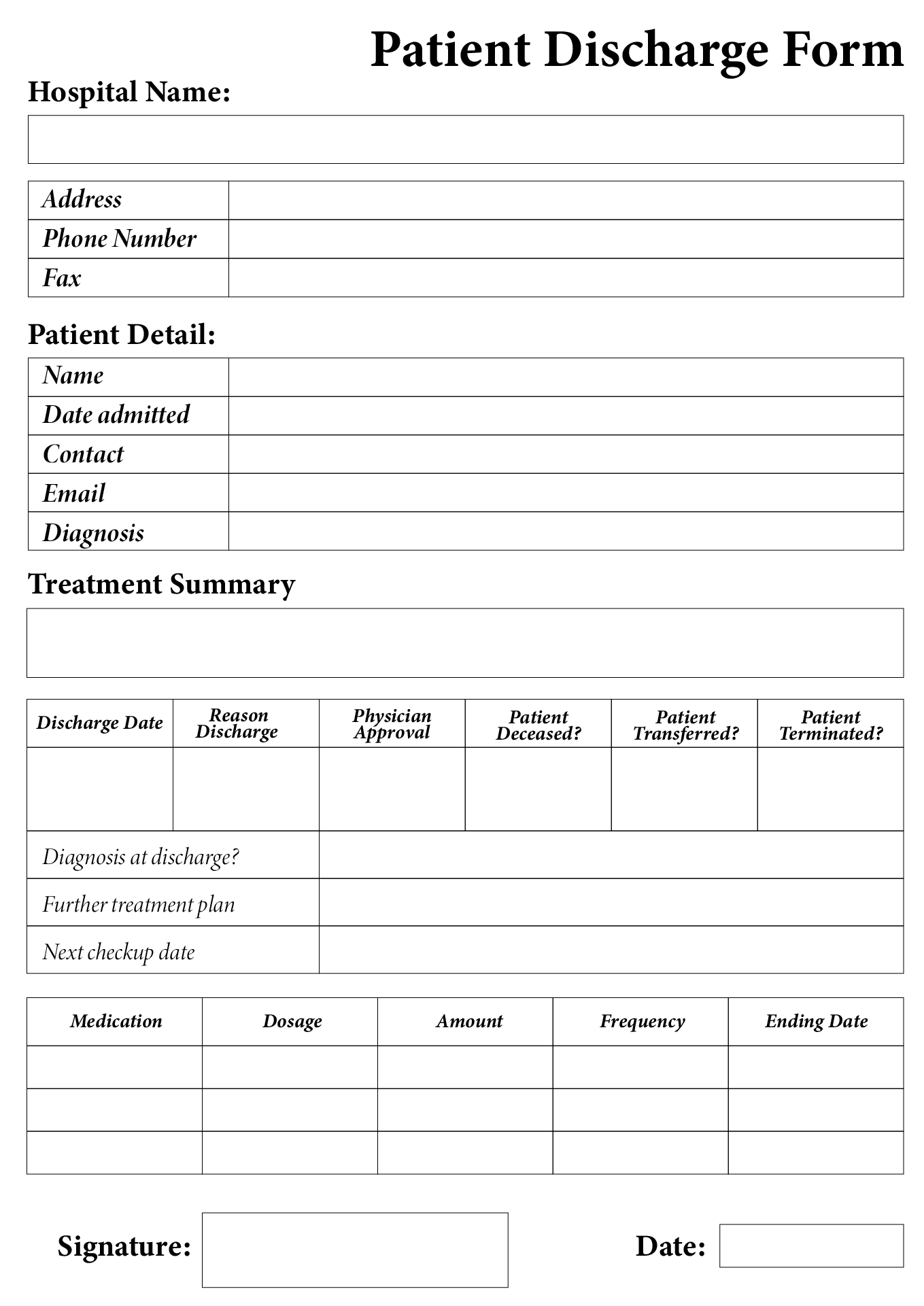
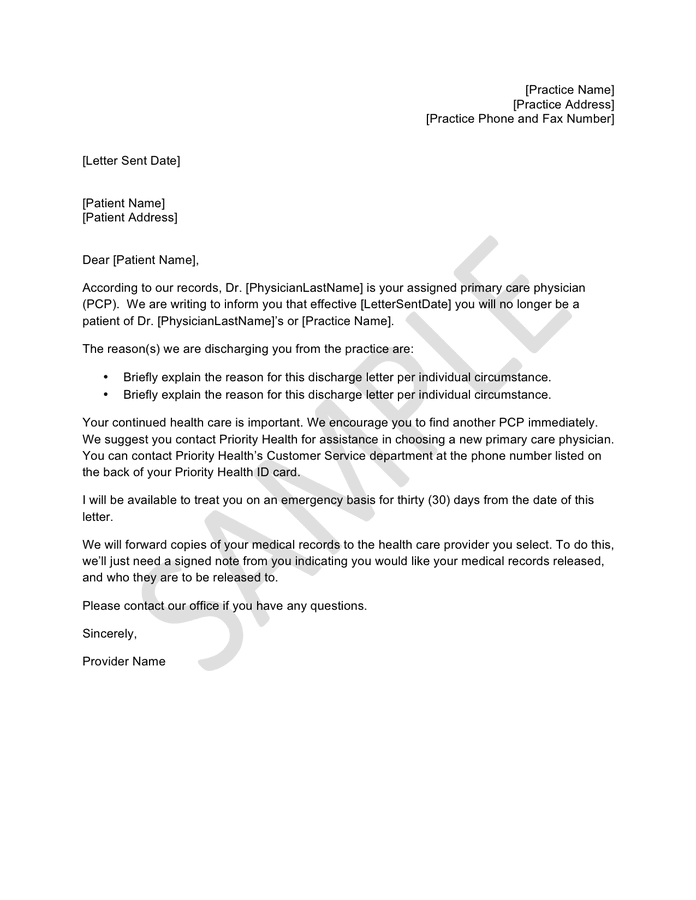

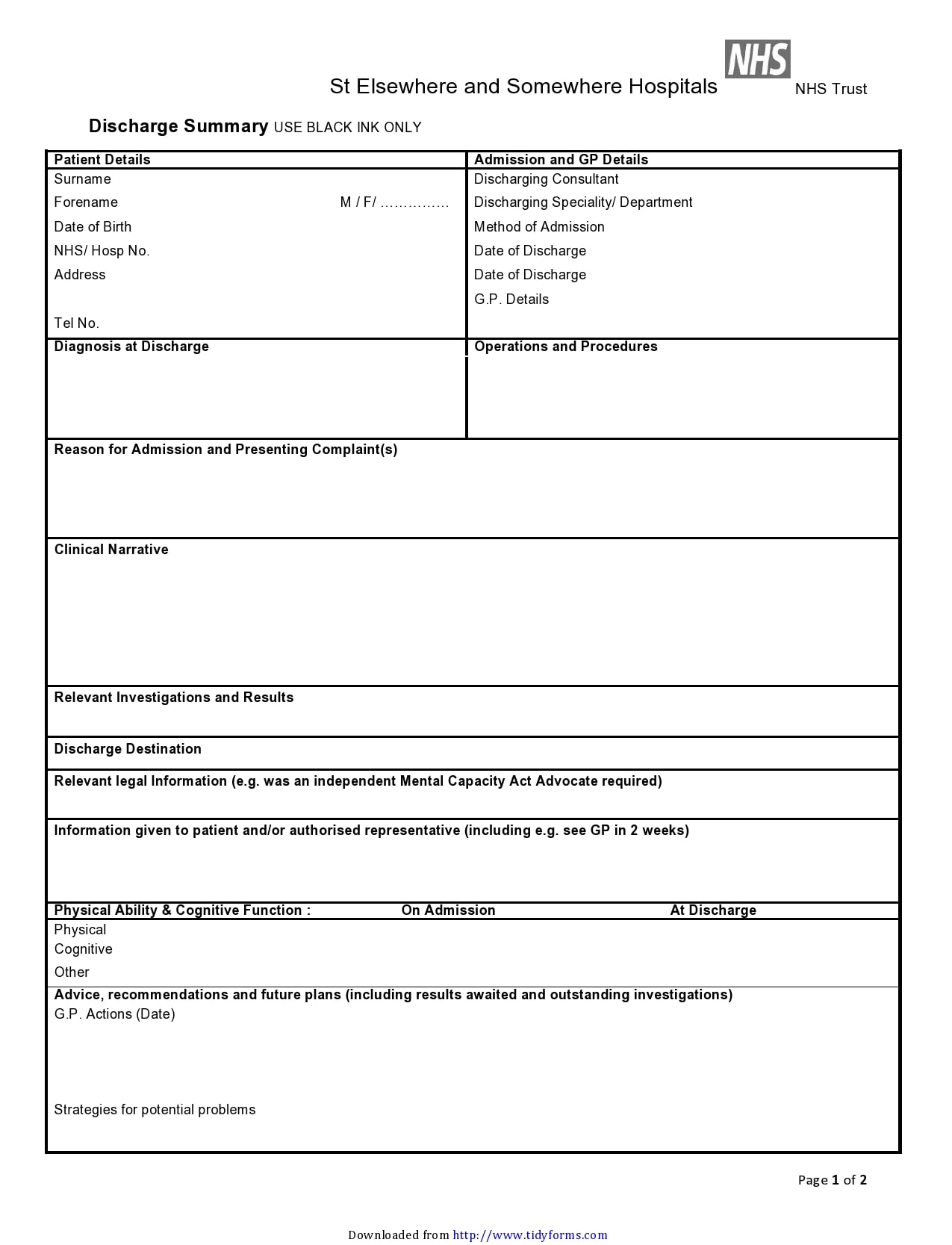
![Free Printable Discharge Summary Templates [Word, PDF] / Mental Health](https://www.typecalendar.com/wp-content/uploads/2023/07/Discharge-Summary-1024x576.jpg)